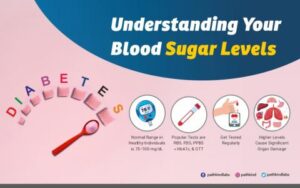Erythrocyte Sedimentation Rate Test, known more popularly by its acronym ESR Test, is a test that is based on the rate of settling of RBCs (Red Blood Cells) – also known as erythrocytes, to the bottom of a test tube. This settling is called sedimentation, and is standardly measured in millimetres per hour (mm/h).
During an ESR test, when your blood is placed in a tall test tube, RBCs gradually settle to the bottom. Inflammation, however, can cause these cells to form clumps. And since these clumps are significantly thicker and denser than individual cells, they settle to the bottom more quickly, and this is accordingly reported in the ESR test results.
The primary objective of an ESR Test is to diagnose inflammation in the body. Abnormal ESR test results may arise from a number of different reasons, and that’s why when you book a blood test online, an ESR Test is often paired along for enhanced diagnostic accuracy.









